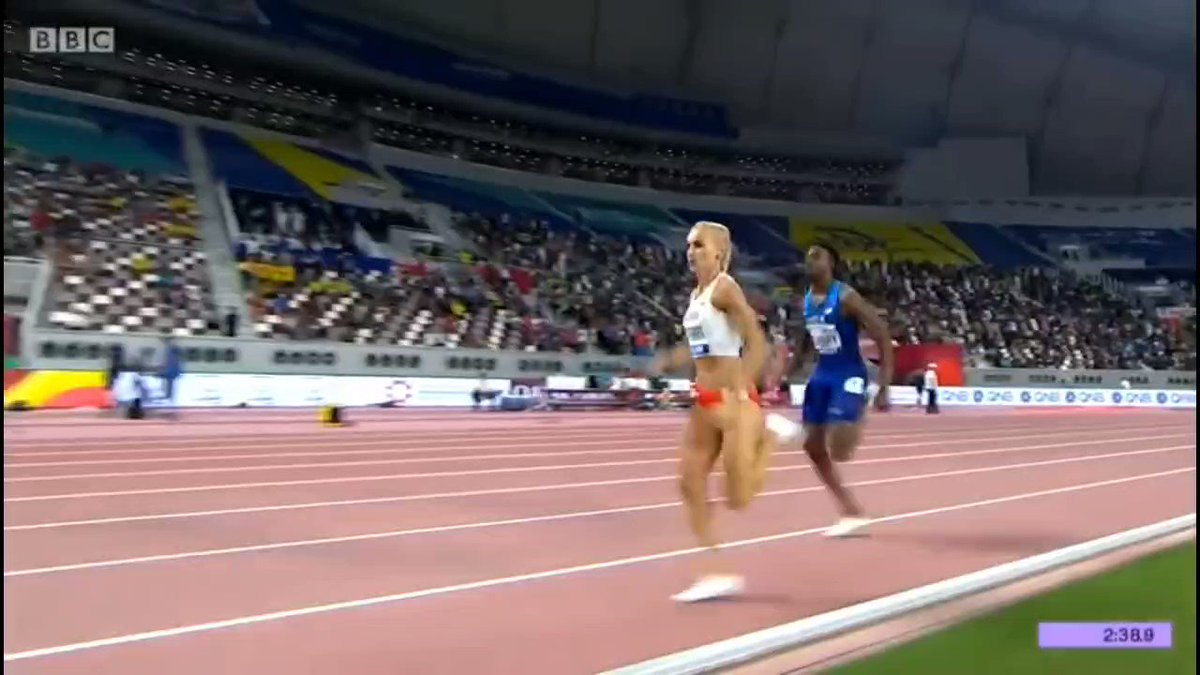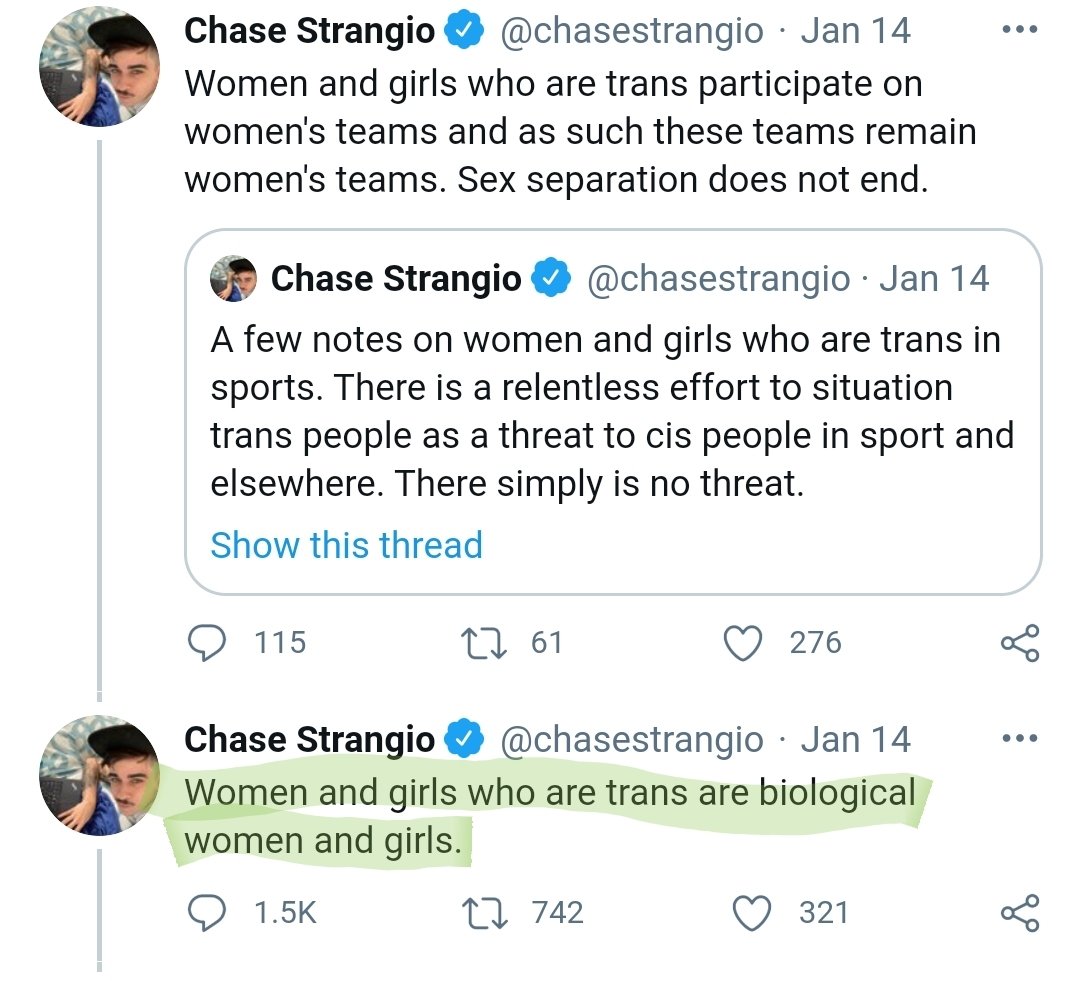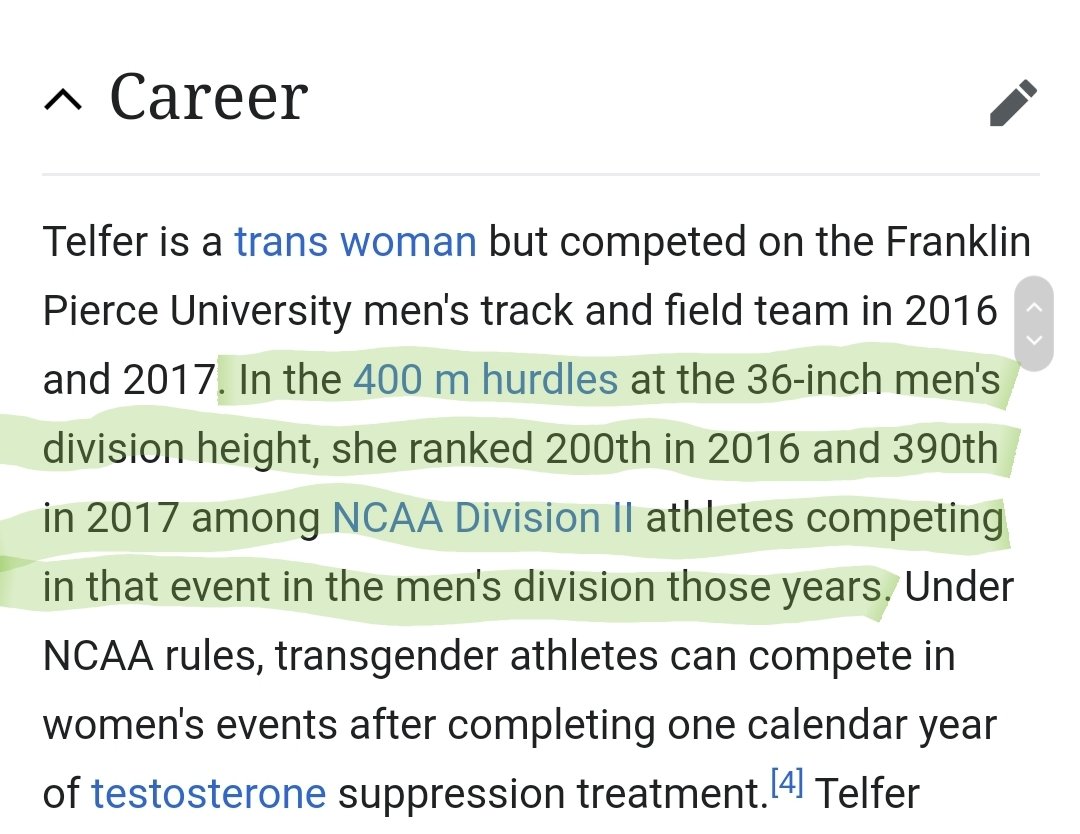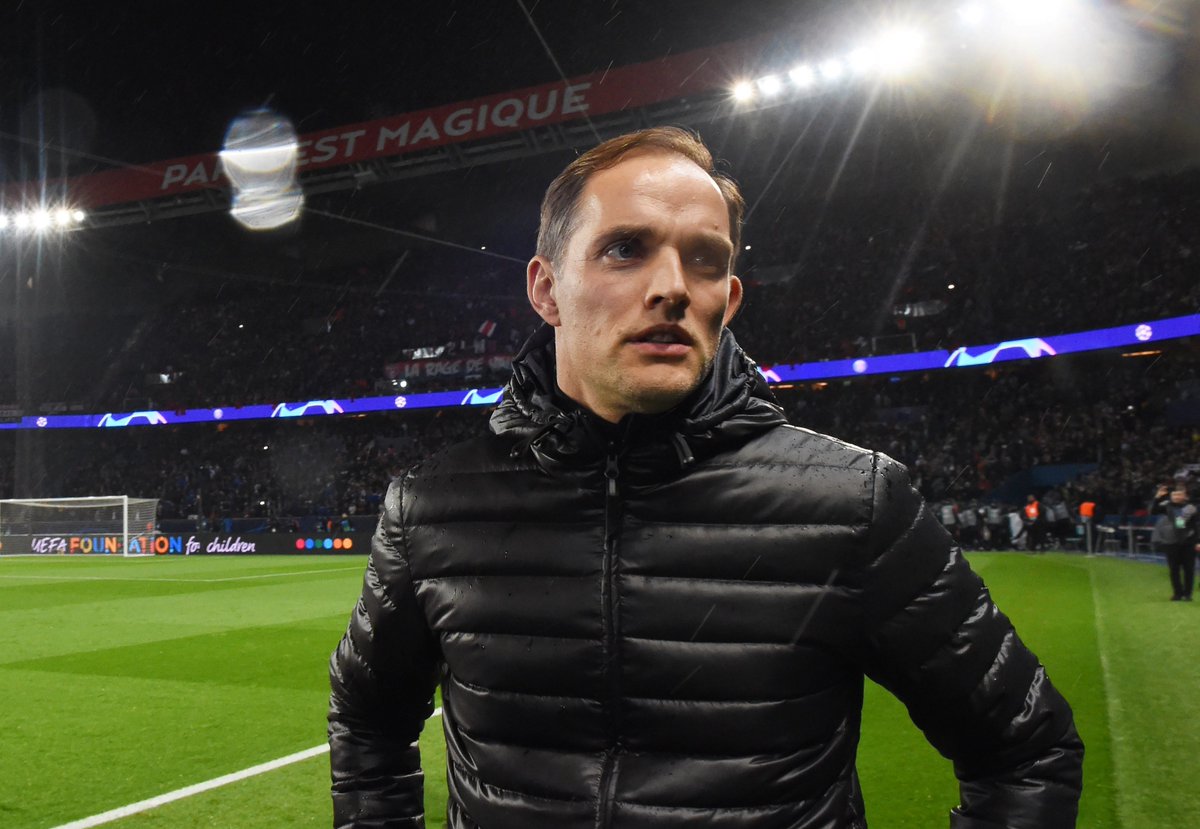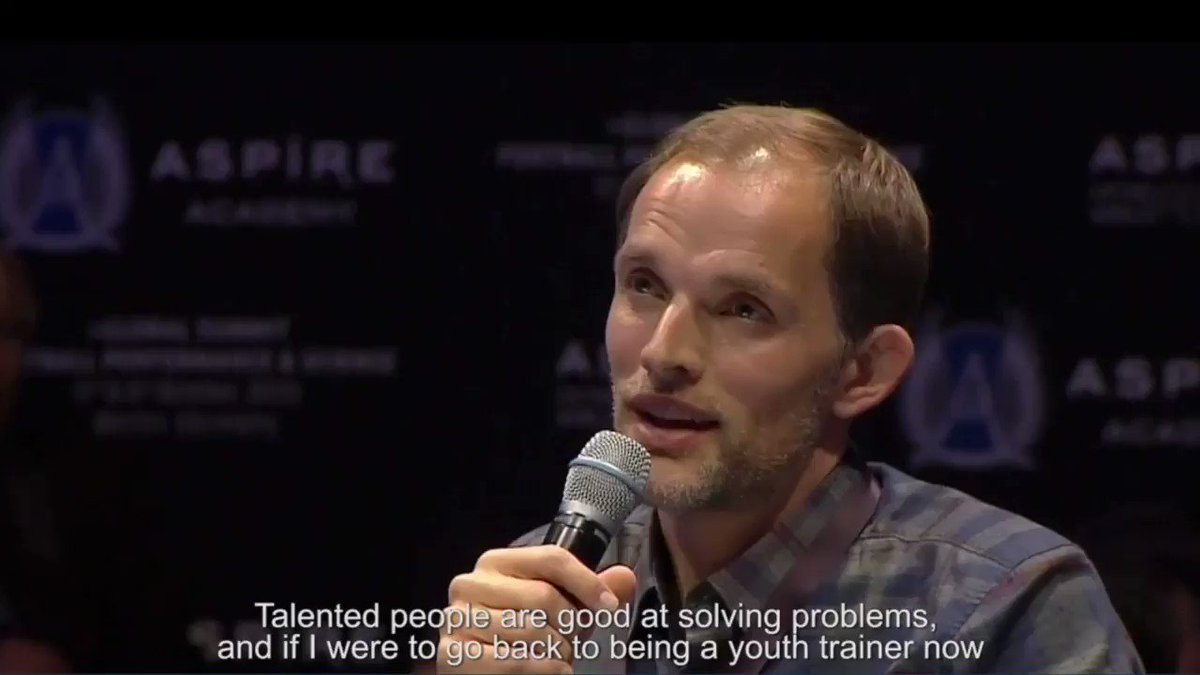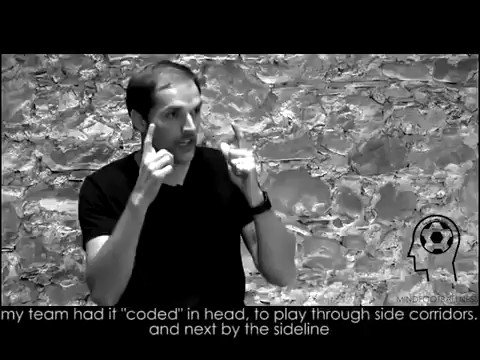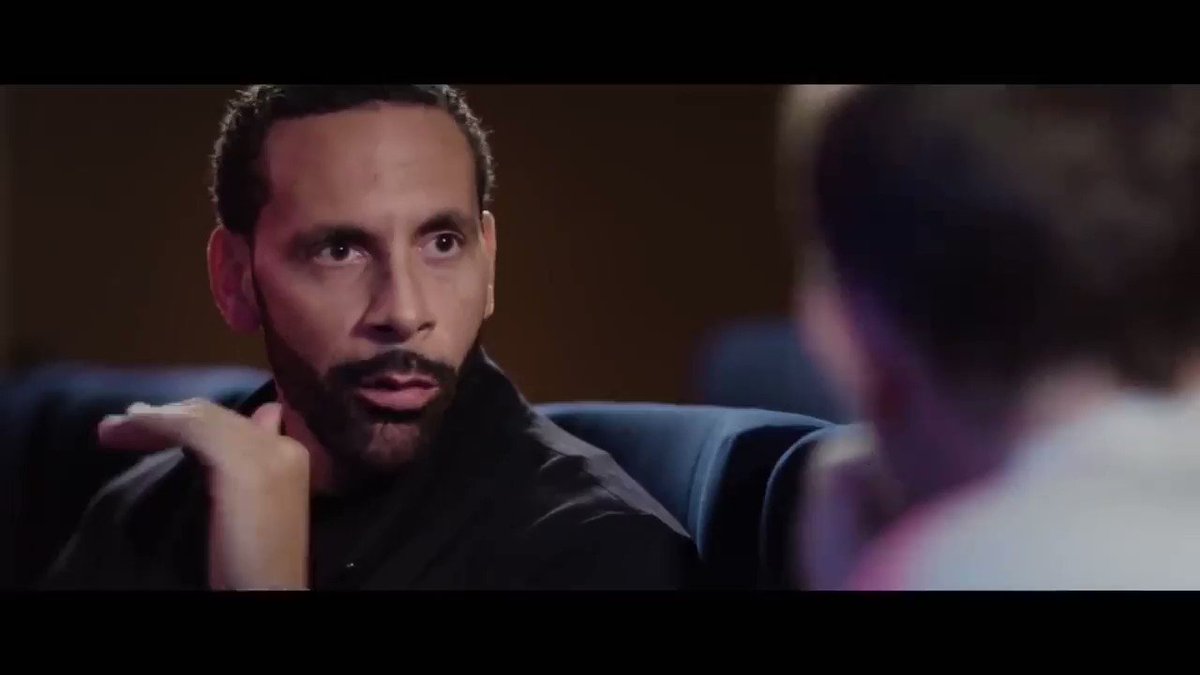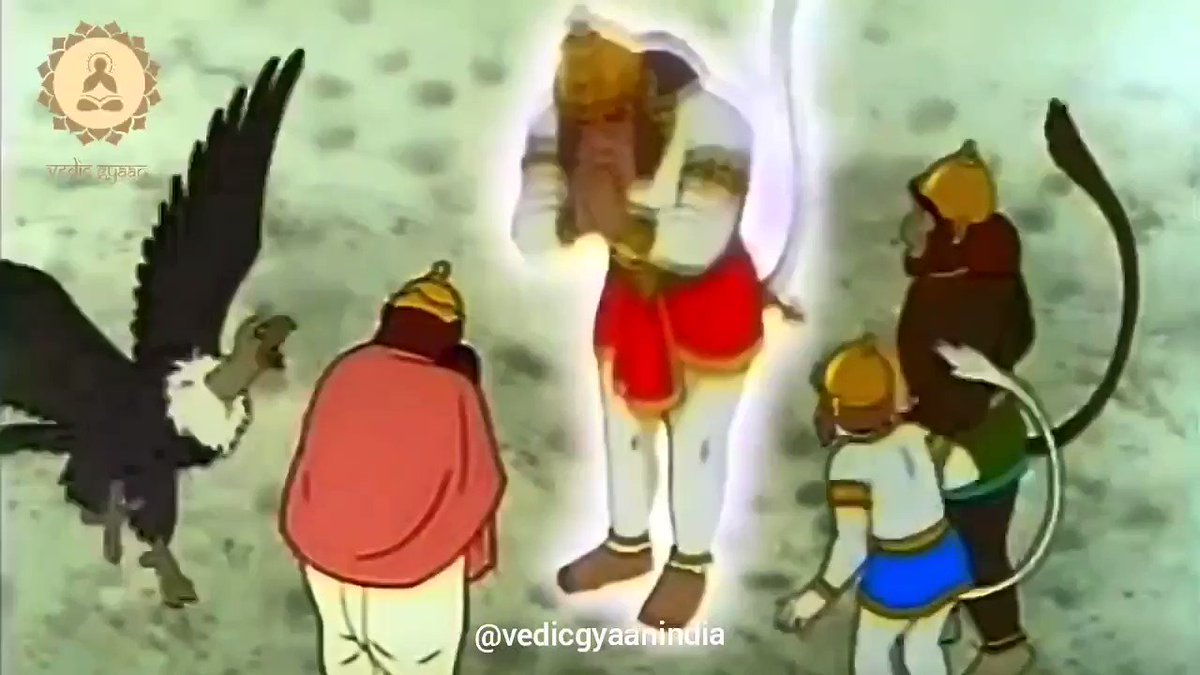Do the governing bodies (World Rugby, RFU, WRU etc) owe players a duty of care in respect of their health and safety? The answer is almost certainly yes (see for example Watson v BBBoC).
Over 70 former professional rugby players are preparing for legal action against the sport’s governing bodies according to this report.
The group litigation seems to be in its early stages, but World Rugby & Unions will be starting to get twitchy.
THREAD on the key issues 👇🏼
Exclusive: Rugby faces group litigation action on concussion | @danscho1 reportshttps://t.co/i246r0c9IS
— Telegraph Rugby (@TelegraphRugby) December 7, 2020
Do the governing bodies (World Rugby, RFU, WRU etc) owe players a duty of care in respect of their health and safety? The answer is almost certainly yes (see for example Watson v BBBoC).
Have the governing bodies breached this duty? This is the first of the major hurdles for any litigation.
The question is essentially whether they acted reasonably in the circumstances.
Did they know about the dangers of concussion and fail to act?
The NFL case was based on the fact that the NFL knew of the dangers and covered them up. I’d suggest that’s unlikely here. However, it may be that WR/Unions should have done more sooner.
For example, in the early 80s it may be that there was no indication that concussion might cause long-term complications but, by the early 2000s, there was.
The second of the major hurdles. Had WR/the Unions acted sooner, would these players not have suffered these long-term effects?
First, this requires a medical link between concussion and the long-term neurological effects. It seems that this can be established.
If we say that they should have introduce an equivalent of the HIA and its associated protocols sooner, would that have stopped the players suffering these long-term consequences?
Had WR/the Unions acted reasonably, would players still have suffered? It is not clear.
For example, it could be argued that closer monitoring of concussion, concussion substitutes and awareness amongst players etc would have halved the risk of a player suffering long-term effects.
However, this is likely to be the most difficult part, and will require detailed scientific analysis, as well as a clear argument about what exactly WR/the Unions should reasonably have done in the first place.
WR/the Unions might argue that the players consented to the risks of concussion by playing the game - the defence of volenti non fit injuria.
However, given the players’ lack of understanding about the long-term impact and their relative lack of resources...
Allowing such a defence here would contradict the duty of care.
Nonetheless, there might be a finding of “contributory negligence” (dependent on facts) which would reduce any award of damages.
A preliminary issue for players will be whether their claim is time-barred. The Limitation Act says claims must be brought within 3 years of the cause of action accruing, or within 3 years of the date of on which the loss could reasonably have been discovered.
If you’re still reading...players will be able to claim compensation for general damages (i.e. pain, suffering and loss of amenity) and special damages (i.e. any financial losses such as lost earnings, medical expenses etc).
Of course, that’s only if they win.
Not quite $1bil huge though, I’d imagine...
Any claim will face an uphill battle, but it will certainly be a fascinating one. Whether it will even reach a courtroom remains to be seen.
I’ll be trying to write a more detailed analysis for https://t.co/vVdFLTy0YY soon!
#sportslaw #concussion #Rugby
More from Sport
You May Also Like
Nano Course On Python For Trading
==========================
Module 1
Python makes it very easy to analyze and visualize time series data when you’re a beginner. It's easier when you don't have to install python on your PC (that's why it's a nano course, you'll learn python...
... on the go). You will not be required to install python in your PC but you will be using an amazing python editor, Google Colab Visit https://t.co/EZt0agsdlV
This course is for anyone out there who is confused, frustrated, and just wants this python/finance thing to work!
In Module 1 of this Nano course, we will learn about :
# Using Google Colab
# Importing libraries
# Making a Random Time Series of Black Field Research Stock (fictional)
# Using Google Colab
Intro link is here on YT: https://t.co/MqMSDBaQri
Create a new Notebook at https://t.co/EZt0agsdlV and name it AnythingOfYourChoice.ipynb
You got your notebook ready and now the game is on!
You can add code in these cells and add as many cells as you want
# Importing Libraries
Imports are pretty standard, with a few exceptions.
For the most part, you can import your libraries by running the import.
Type this in the first cell you see. You need not worry about what each of these does, we will understand it later.
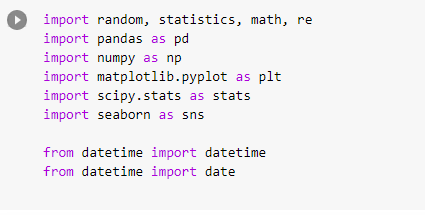
==========================
Module 1
Python makes it very easy to analyze and visualize time series data when you’re a beginner. It's easier when you don't have to install python on your PC (that's why it's a nano course, you'll learn python...
... on the go). You will not be required to install python in your PC but you will be using an amazing python editor, Google Colab Visit https://t.co/EZt0agsdlV
This course is for anyone out there who is confused, frustrated, and just wants this python/finance thing to work!
In Module 1 of this Nano course, we will learn about :
# Using Google Colab
# Importing libraries
# Making a Random Time Series of Black Field Research Stock (fictional)
# Using Google Colab
Intro link is here on YT: https://t.co/MqMSDBaQri
Create a new Notebook at https://t.co/EZt0agsdlV and name it AnythingOfYourChoice.ipynb
You got your notebook ready and now the game is on!
You can add code in these cells and add as many cells as you want
# Importing Libraries
Imports are pretty standard, with a few exceptions.
For the most part, you can import your libraries by running the import.
Type this in the first cell you see. You need not worry about what each of these does, we will understand it later.






